Langreview English Version Fakten & Credits
For 18 months Lukas Dhont toured the world with his film GIRL and presented it at countless film festivals and award ceremonies. The work about gender identity generated a lot of enthusiasm, but also brought some controversy. While many journalists praised the work for the fact that the film does not dwell on the protagonist’s transition, but sensitively views this as completely natural, it is mainly queer and transgender people who do not see this transition as close to reality and make their displeasure known. For his new film, Dhont has completely put aside any thought of GIRL. By his own admission, his desire is to develop „intimate and personal“ films. For CLOSE, he is relying on his tried and tested team. Once again, Angelo Tijssens worked on the script, Dirk Impens directed the production, Valentin Hadjadj composed the music, Frank van den Eeden filmed and Alain Dessauvage edited.
This is what it’s all about
Léo and Rémi have been best friends for ages and their bond is like that of a brotherhood. It is difficult for them to live without each other. But they won’t be children forever, and external influences increasingly affect the boys, causing them to develop and grow up. This process ensures that the intimate bond slowly begins to crumble and a creeping distancing from each other takes its course. While Léo turns to new friends at school, Rémi finds it difficult to deal with the situation. His already introverted nature becomes even more obvious and not only makes him feel lonely, but also doubtful. Will the two ever find their way back to each other?
Review
Early on in the film, it is apparent that there is clearly more to this coming-of-age story than the mere musings of a filmmaker obsessively seeking new content. Dhont nuancedly balances through the complicated feelings that boys go through at pubescent age. Finally, a very special constellation is created by the fact that the film does not just focus on a single teenager, but directly sets the scene for a best-friend duo that lives quite isolated from the rest of the youth. The film goes through several levels of this friendship in chapters. Starting with the depiction of the actual situation in which an unbelievable dynamic of the two main actors (Eden Dambrine & Gustav De Waele) is presented and thus paints a picture of friendship that we all long for, to the slow alienation due to external influences.
CLOSE succeeds surprisingly well in capturing the moment when at least one side of the duo emerges from childishness and begins to socialise and increasingly develop a personality of its own. In doing so, it takes up a theme that audiences are probably familiar with in their own lives, as the gradual distancing through character changes has caused many a friendship to falter and become exposed. Dhont manages to make this relationship so honest and natural because he repeatedly refers to his own past, even though the film was developed far from a biography. One scene in particular stands out, in which an amusing youthful brawl eventually turns into a serious beating and within seconds the mood tips noticeably. In order to realise this, Dhont merely lets the images work and does without chewing over dialogue.
Two like pitch and brimstone
A slightly queer story development also quietly resonates in this film. Thus, the character Rémi can be accused of at least an erotic inclination towards the same sex, but it should be pointed out that the indications that can be taken from the film are very thin. Rather, the scenes in question underline the intimacy and specialness of the friendship of the two main characters. In order to make the very emotional plot work, the team relies on calm pacing that is nevertheless also rich in contrasts, demonstrating an excellent sense of when to pick up the pace a little so that the mood does not tip over. Nevertheless, this balance unfortunately does not last until the end. In the last half hour, Dhont increasingly loses sight of the goal and unfortunately lapses into rambling, creating a kind of retarding moment, which nevertheless remains without alternative.
With a rather slow and melodic score, Valentin Hadjadj adapts brilliantly to the mood of CLOSE and always ensures that the audience’s emotions are steered from one extreme to the next. It is hard to suppress the tears, even if it is not always clear whether they come from joy or sadness. In particular, the mental disintegration of a minor character, who in itself bears no relevance to the rest of the film, is so poignant that there is probably not a dry eye in the house. Not infrequently, the director works with creeping developments that at some point unload in a moment of shock and are only torpedoed by the sometimes rather unsteady camera work.
 Conclusion
Conclusion
CLOSE will be a great challenge for many viewers, because it confronts the audience with their own youth problems and at the same time creates a conflict that is difficult to come to terms with. Emotionally gripping and at the same time narratively light-footed, this film offers us a story that is as banal as it is life-changing and is absolutely ripe for an Oscar® and, thanks to its nomination, has the best chance of doing so. The dynamic acting of the two young actors is unparalleled. They harmonise in wonderful perfection. It’s almost tragic that director Lukas Dhont, out of love for his story, doesn’t manage to get off the ground in time and gets caught up in a never-ending bickering that unnecessarily drags out the film.
How did you like the movie?



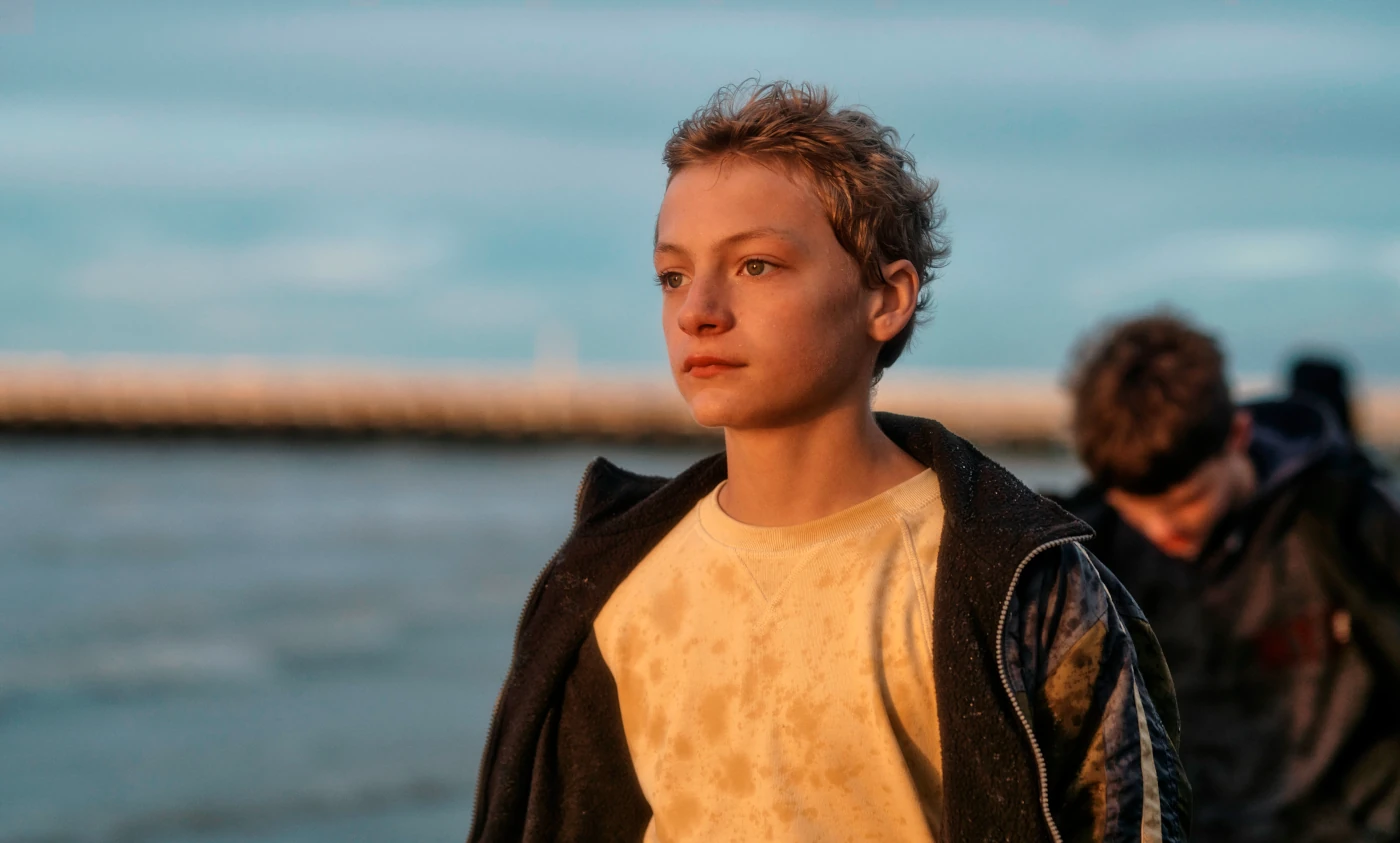
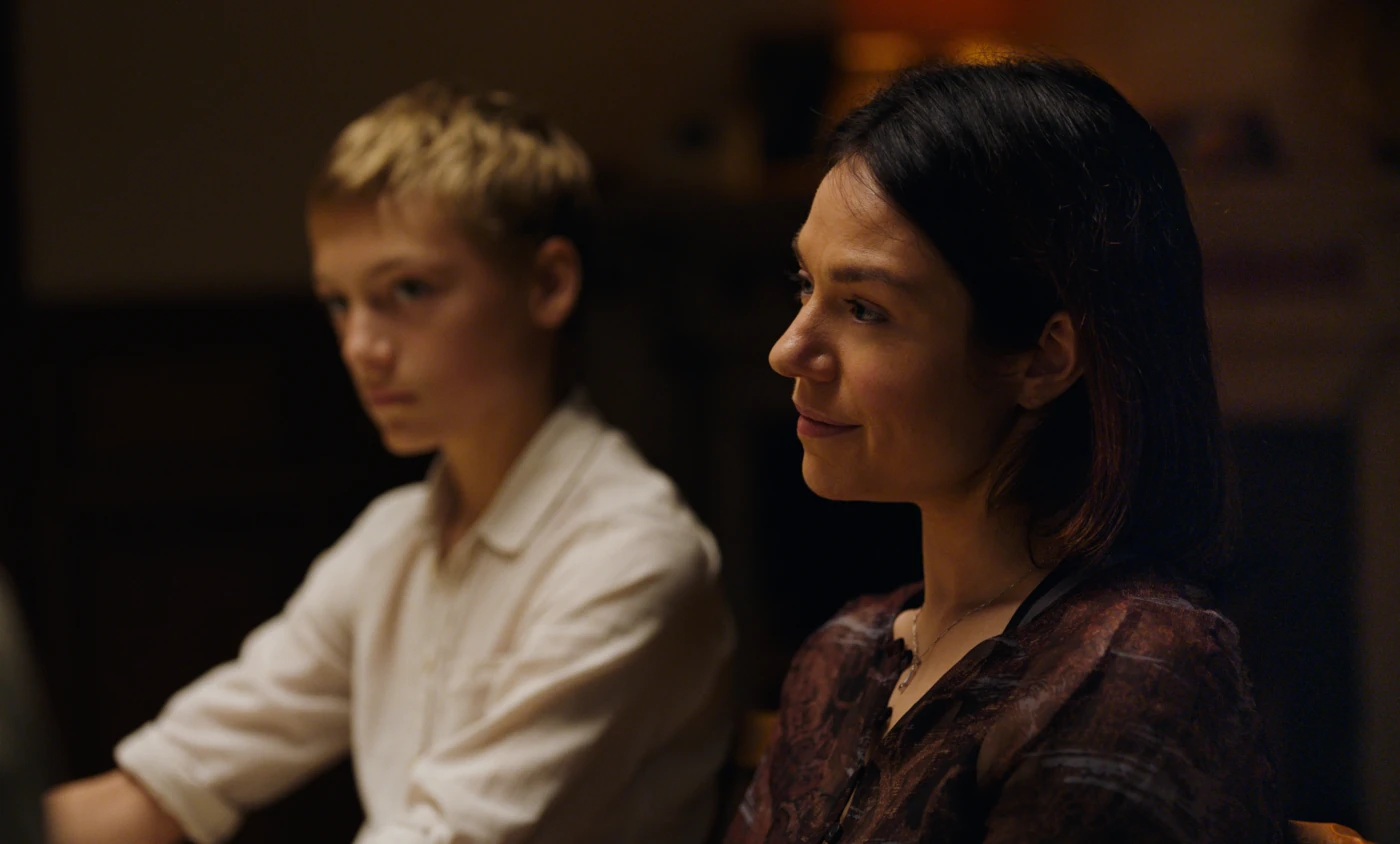
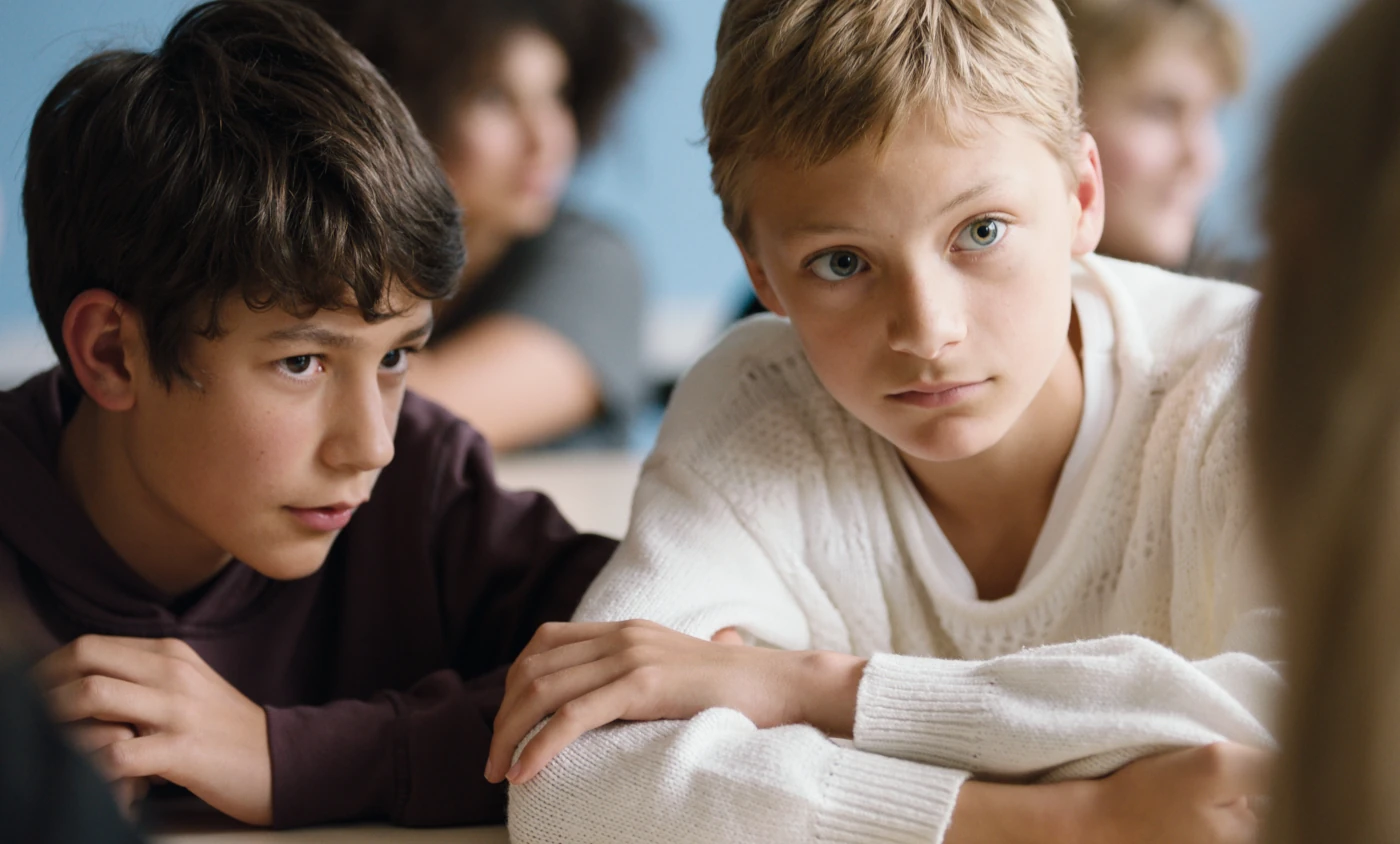





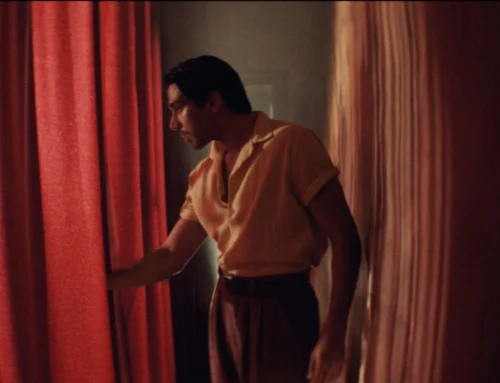
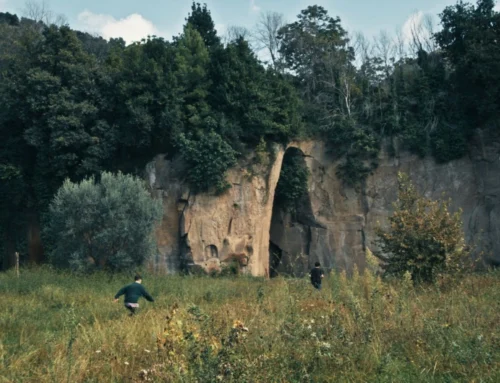
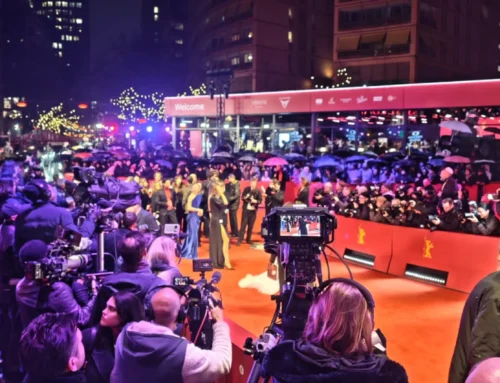
Hinterlasse einen Kommentar